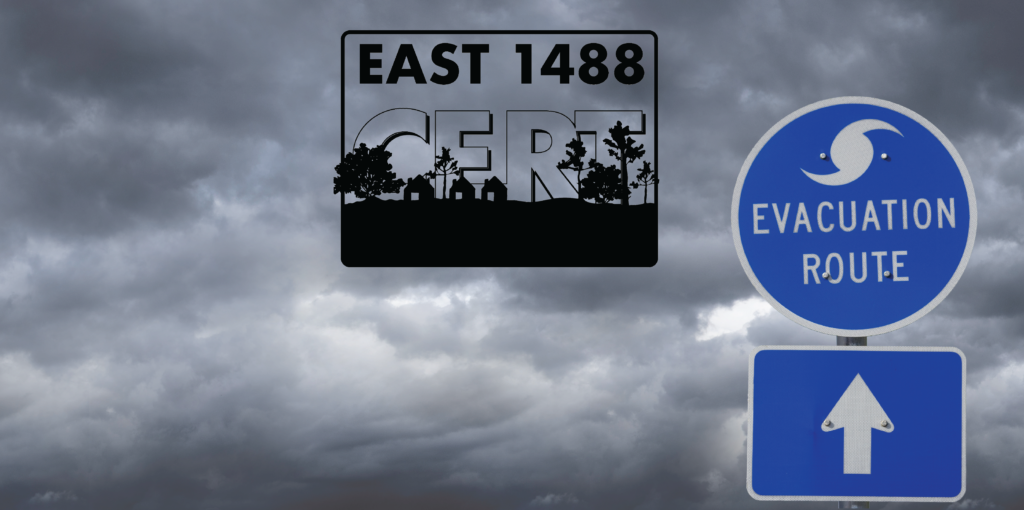September is the Peak Month of Hurricane Season – Prepare NOW!
Hurricane season for the Atlantic and Gulf of Mexico runs from June 1 through November 30. According to NOAA (National Oceanic and Atmospheric Administration) hurricane activity peaks on September 10; the first major hurricane forms in late August or early September and most activity occurs between early to mid-August and mid-October. Although it has been a slow start to hurricane season this year, NOAA is still predicting an above-normal-hurricane-season and reminds us that it is still possible that we could see major hurricanes as in previous years so residents need to be vigilant and prepared. Always watch for reports about storms forming and heed the watches and warnings.
Hurricanes are accompanied by many risk factors which include, but are not limited to, high winds, storm surge, tornadoes, floods, flash floods and lightning. They can also damage infrastructure which can cause power outages, disruption of communications, delays in transporting essential goods, and overwhelm and cause delays in response by first responders
Residents who are new to the area may not know what to expect during and after a hurricane and may become alarmed. However, preparedness is the key to being able to meet the challenges during any emergency or disaster, including hurricanes. If you are prepared and informed you do not need to be afraid.
Before a storm forms, document your property and review your insurance policies to be sure that you have adequate coverage for your home and personal property. Know how to prepare your home for the storm. Check emergency equipment such as flashlights and generators. Be sure you understand the meaning of National Weather Service (NWS) watches and warnings and check the NWS website often. Know your evacuation zone and routes. Keep your car filled with gas.
Below are basic steps to take to become more prepared for hurricanes and any disaster or emergency.
CERT (Community Emergency Response Team) training prepares individuals to assist residents before, during and following emergencies and disasters when professional responders are not immediately available. Students learn valuable skills such as first aid, search and rescue, and fire suppression that they can use to help themselves, family and neighbors following a disaster. Classes are taught by professionals. The training is free. The East 1488 CERT helps residents become more prepared by providing information, educational opportunities as well as sponsoring preparedness events and facilitating CERT training courses.
To receive preparedness information and information about
CERT training in the East 1488 area, contact the East 1488 CERT at
info@e1488cert.org
or visit
http://www.e1488cert.org
